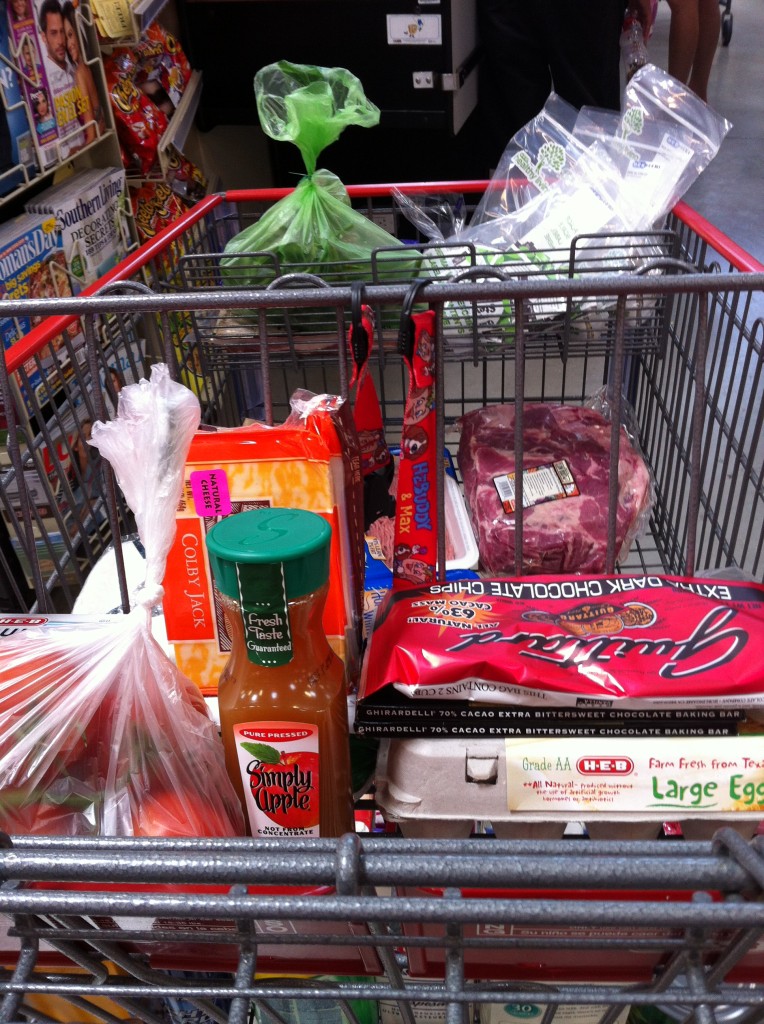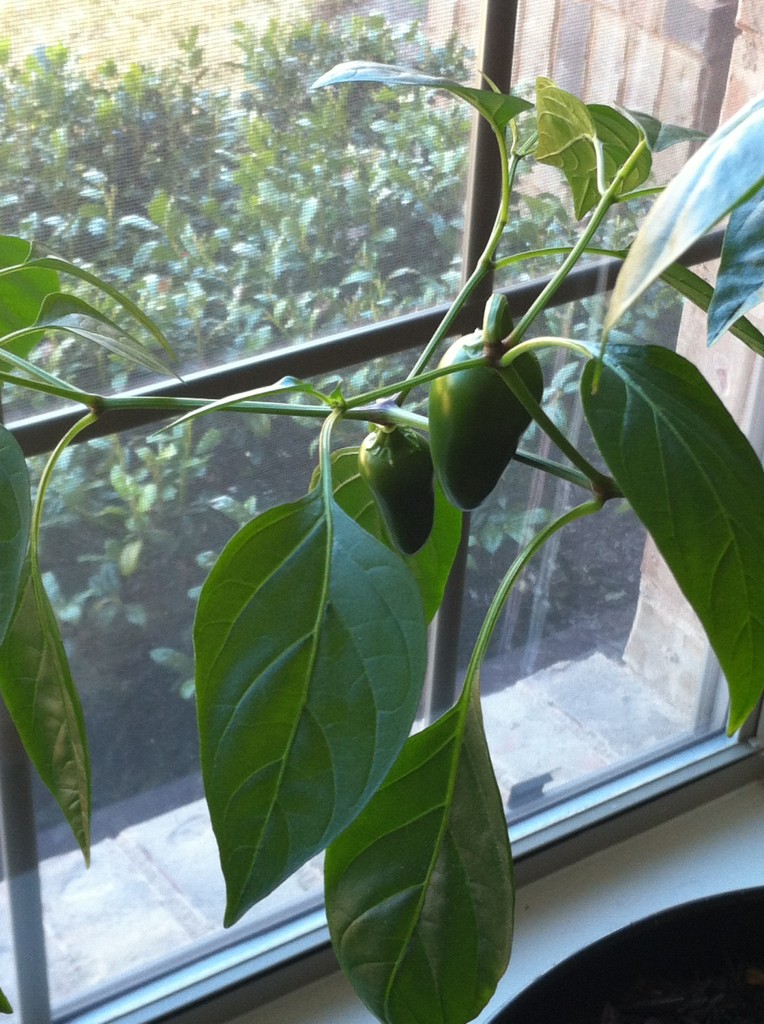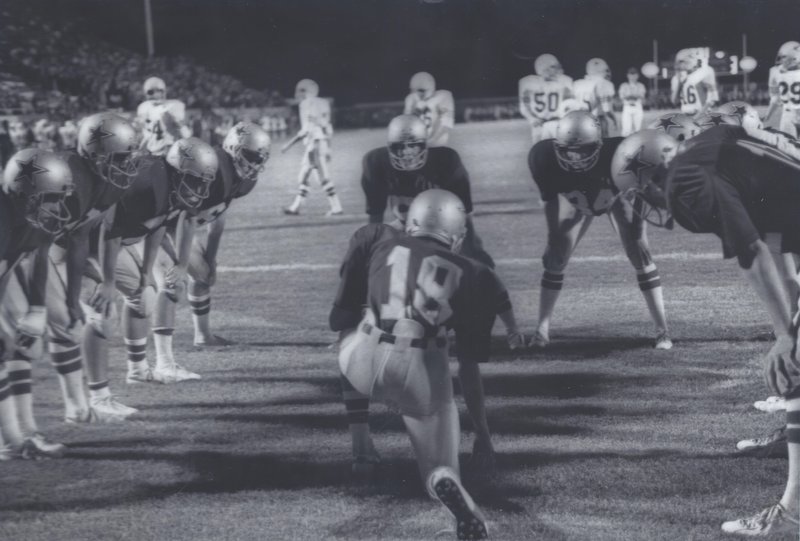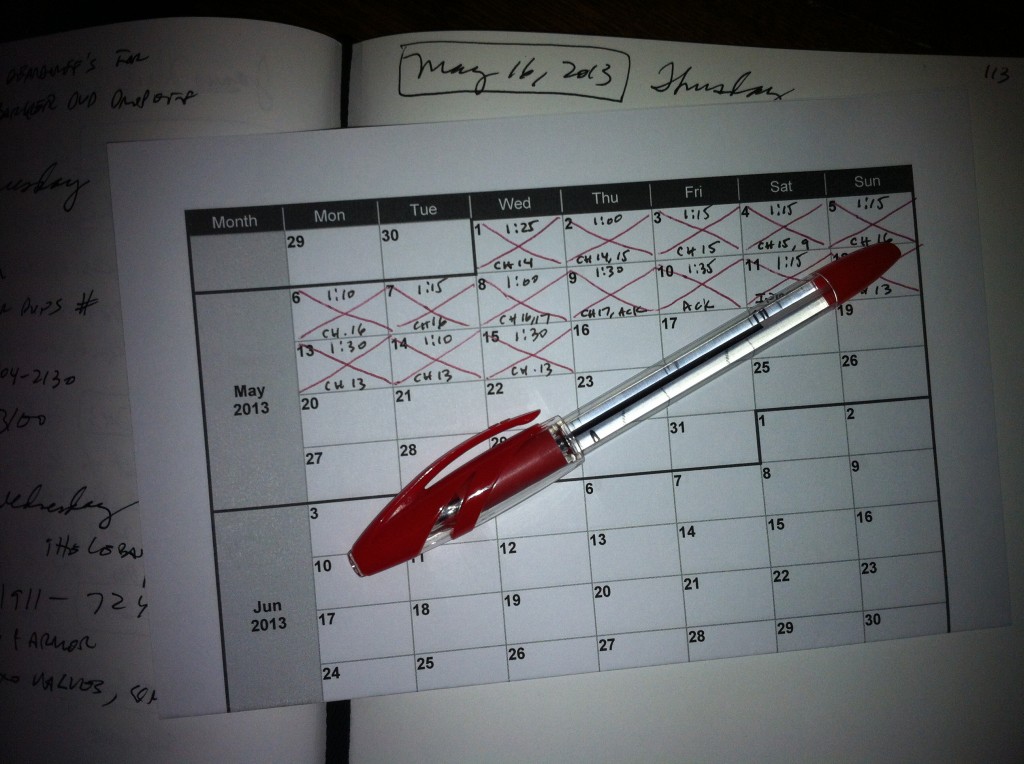
This relates to our general topic of Forward Story because one realm of life we all have to consider is the realm I call Business. Part of the Business realm is Money. Learning the skills required to successfully handle money takes effort and focus. If you do not care about mastering your money, you never will. My wife and I squandered more money than I want to admit because we did not know what we were doing and because we had developed very bad behaviors.
We recently had a discussion with our college student son about money and about how to create and live on a budget. A budget is nothing more than a spending plan. It is a document that we create to define how much income we expect in a given time period and what we expect our expenses will be in that same time period. Both the income and expense side of the budget need to be as accurate as possible.
In any budget there are some expenses that we know are not going to change. For example, the rent or mortgage is well defined. Your landlord is not going to call you this month and tell you the rent is a different price. There are other expenses, however, that will fluctuate. In our budget we identify several expenses that can fluctuate but that we want to really control. If we do not control these expenses, they will kill our budget and turn it into a fantasy instead of a guide. For these expenses we use a control technique that we learned from Dave Ramsey called the envelope system. Dave says he learned it from his grandmother. This is one of those cases where “old-fashioned” really works.
For the envelope expenses that we need to control, we go to the bank and withdraw actual cash. This cash gets inserted into literal envelopes with the name of each expense written on it. In our case we use envelopes labelled with the following categories:
- Food
- Gas
- Clothing
- Entertainment
- Blow Money
We then purchase these items with cash only, and when the cash is gone we stop spending on those categories Simple, powerful, and effective.
You may be arguing with me about this approach or justifying your other way of doing things. I understand. I resisted as well until I learned the freedom that this brings. Let’s take a closer look at how this works with a budget category that gives a lot of people trouble: Food.
Example: Imagine that you have done your budget for the month and determined that you will spend $450 for food this month. You go to the bank and withdraw $450 (or you may do this on the 1st and 15th of the month and withdraw $225 each time).
This $450 must last until next month. Is this enough money for you? We will assume 30 days for this month. This means you have budgeted $15 per day for food. In my world that would be very tight. To break it down into breakfast, lunch, and dinner, this means I could spend $5 on each meal. That’s a lot more “value menu” than “gourmet restaurant.”
Actually to me a food budget is neither fast food nor gourmet restaurant — at least not much of either. Before I share some techniques that help us stay on track, let me say that our goal in food is to eat as healthy as we can while still staying within our budget. We value our health and want to eat good food that we enjoy and that fuels us for life. For us this implies going to the grocery store or market and doing a lot of cooking. I will leave the issue of what “healthy eating” is for another time. I have my view, but there are plenty of different approaches to this.
If you do not cook at home, you are going to have a really hard time not overspending on food. “But, but, cooking at home is hard. ” I know. So is running out of money because you do not cook at home. Here is the way we make this work.
- We commit to eating almost all meals at home. We have nothing against restaurants and we do eat out a few times per month. But we simply cannot make our food money last if we are paying someone else to do all our work for us. When you buy food at a restaurant you are paying for many things: the food itself, the labor of the cooks who prepared it, the electricity and water required to cook it, the property costs of the restaurant, the labor of the food runners who bring it to you, the restaurant’s marketing, the insurance they have to pay, your server’s labor, etc. All of these costs can be called “value add.” In other words, you have to pay the restaurant for the value they add to the cost of the food itself. These are legitimate costs, but I cannot pay them constantly and still stay in budget.
- We plan our meals for the week. In order to avoid restaurants and do our own cooking, we have to do some planning. We use Evernote to plan our meals, but a yellow legal pad will work just as well. We just list the days and dates and determine what we want to eat for dinner each night. We try to plan meals that will produce some leftovers for lunches. If we plan to eat out, we write that on the plan as well for the selected night. One more tip here is that we use Evernote for our favorite recipes. We are constantly adding new recipes to our favorites. This makes it easier to create variety in your meal plans.
- We build our grocery shopping list from our meal plan. Once we know what meals we are going to cook, we can begin building our grocery shopping list. Again, we use Evernote. We break the list into the general grocery store sections: Produce, meat, dairy, baking, frozen, household, etc. We scan the recipes for the meals we have planned to cook and add those ingredients into the shopping list.
- We take cash from our envelope to buy food. I take my cash, my iPod with music and podcasts, my pen, and a printed copy of my list.
- We keep a running total while buying food. My chief objective is to be sure I know that I have enough cash when I get to the register. My little trick for being sure is that as I am shopping and crossing items off my list, I keep a running total of what I have spent so far. If the butter is $3.78, I round it up to $4 and add $4 to my running total. This ensures that the actual cost of the food at the register will be a little less than my final running total. That keeps me stress-free.
- We learn while cooking. Look, I know that not everyone enjoys kitchen time. My wife and I both do, but not everyone does. One way to transform this mundane task into something useful is to listen to music, an audio-book, or a podcast while cooking. This has been a big help to me.
- We stay on top of the dishes. When you cook at home, you will create dirty dishes. One of the keys to being able to have an efficient kitchen, and therefore to be able to stay on budget with our food, is to be sure to stay on top of the dishes. Again, I do this while listening to something on my iPod. Between my wife and me, our goal is to have the dishes all washed before we go to bed and then put them away into their places the next morning.
There are thousands of variations on our practices, but I do believe that if you follow this process, you can make it on your food budget, assuming it is at all realistic.
What do you do in order to not overspend on food?






